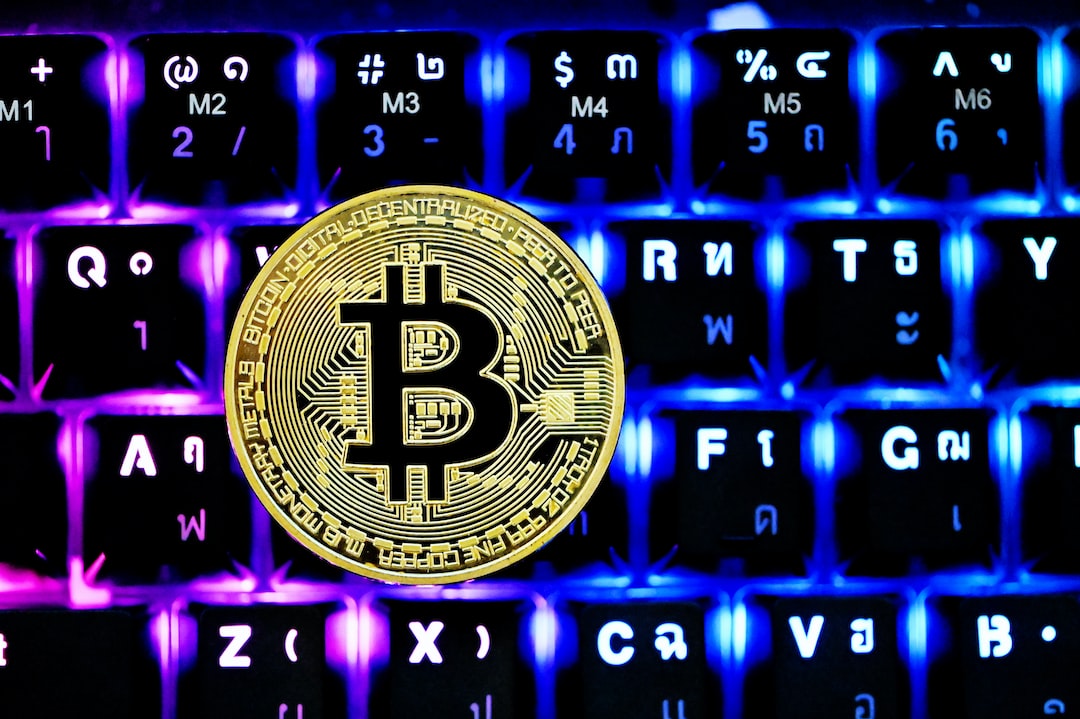Singaporean Authorities Investigate Crypto-Related Money Laundering
Singaporean authorities are intensifying their efforts to combat crypto-related money laundering. According to a recent report by Bloomberg, Singapore banks have expanded their ongoing investigations into money laundering activities to include clients of Chinese origin. Since August, they have frozen and seized approximately $1.8 million worth of crypto assets, cash, and properties.
Singaporean Banks Increase Scrutiny on Overseas Clients
In order to crack down on money laundering, Singaporean banks are closely examining new account openings and transactions involving Chinese-born clients. They are specifically looking for individuals who still hold digital currencies or are involved in money laundering activities.
Furthermore, one bank is planning to close accounts belonging to clients from Turkey, Cyprus, Cambodia, Dominica, and Vanuatu. Other banks have also started reviewing accounts on a case-by-case basis for customers from different countries and blocking funds when necessary.
Arrests Made in Connection with Money Laundering Violations
Ten wealthy Chinese individuals have been arrested and charged with money laundering violations as a result of these investigations. The Singaporean police have seized the properties, cash, and cryptocurrencies belonging to these individuals.
The arrested individuals are said to be living in Singapore and allegedly operating illegal gambling businesses there.
Reputation of Singapore as a Financial Hub at Risk
The news of the arrests has cast a shadow over Singapore’s reputation as a global financial hub. Several major banks with clients involved in these investigations include Julius Baer Group, Credit Suisse, Citigroup Inc., United Overseas Bank, and Overseas-Chinese Banking.
A spokesperson for DBS Group Holdings, a Singapore-based stock exchange, commented on the situation. They acknowledged that while regulatory guidelines require banks to implement strict anti-money laundering measures, they are not obligated to deny banking services based on a client’s origin or passport. Other risk factors must also trigger suspicion or enforcement action.
Criticism Surrounds the Issuance of a Major Payment Institution License
The Monetary Authority of Singapore (MAS) recently granted in-principle approval for a Major Payment Institution license to Ripple Markets APAC Pte Ltd, a subsidiary of Ripple. However, this decision has faced criticism. A letter published in the Financial Times accused MAS of linking virtual asset payments to retail bank deposits by allowing crypto firms access to Singapore’s FAST payment system. MAS responded by stating that they only grant licenses to crypto payment firms with robust anti-money laundering rules.
Hot Take: Singapore Takes Strong Action Against Crypto-Related Money Laundering
Singapore is demonstrating its commitment to combating crypto-related money laundering through increased scrutiny and investigations. By freezing and seizing assets, including cryptocurrencies, worth millions of dollars, Singaporean authorities are sending a clear message that such illicit activities will not be tolerated. However, this crackdown has raised concerns about Singapore’s reputation as a financial hub and has sparked debate about the regulation of crypto firms and their access to traditional banking systems. As the fight against money laundering continues, it remains crucial for banks and regulatory bodies to strike a balance between maintaining financial integrity and fostering innovation in the crypto industry.





 By
By
 By
By
 By
By

 By
By
 By
By